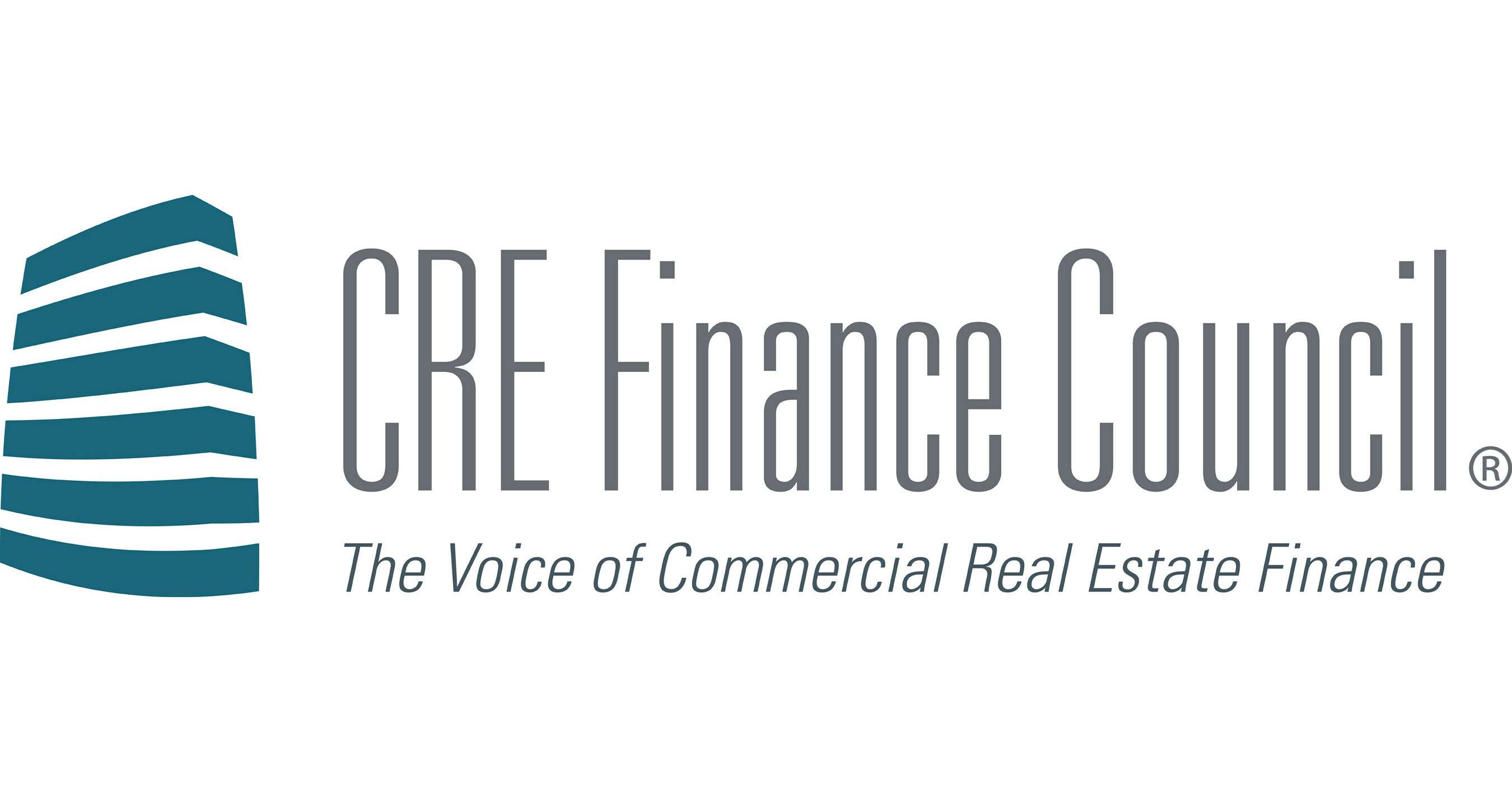A
Public Storage location in Sacramento, California, was photographed on Monday, February 6, 2023, by David Paul Morris for Bloomberg/Getty Images. The piece first appeared in CNBC’s Property Play newsletter, which targets real‑estate investors from individuals to large institutional players.
Heitman, a global real‑estate investment firm with roughly $10.5 billion in self‑storage holdings across more than 140 markets, reports that this asset class is a low‑risk, resilient play. Unlike sectors tied to interest rates or income growth, self‑storage demand remains steady because people always need space for belongings. Over the past 15 years, its net operating income has outpaced industrial, multifamily, office, and retail.
Key drivers of demand include a shortage of home space, moving, death, downsizing, and remodeling. “The risk profile is very low,” says Jeff Bingham, Heitman’s co‑head of global investment research. He notes that storage REITs—Public Storage, Extra Space Storage, CubeSmart—show almost zero correlation with stocks, bonds, gold, and other REITs, making them nearly risk‑free in a 60/40 portfolio. Despite this, those REITs have fallen 16 % year‑to‑date, weighed down by slower home sales and softer revenue growth.
However, demographic trends offer new tailwinds. Annie Trucco, senior associate of investment research at Heitman, highlights life‑event demand—millennial families, aging baby boomers, and the need to reconfigure homes for children or elderly parents—as a steady source of storage usage that will persist regardless of economic cycles.
Self‑storage also boasts strong income growth, high operating margins, and low capital‑expenditure needs. Asset values are currently 11 % below peak, and new development is limited. Monthly leases can help hedge inflation, and storage remains far more affordable than housing, encouraging downsizers to store rather than sell. Demand is highly local, and the fragmented industry allows investors to acquire smaller assets and upgrade operations through institutional expertise.














